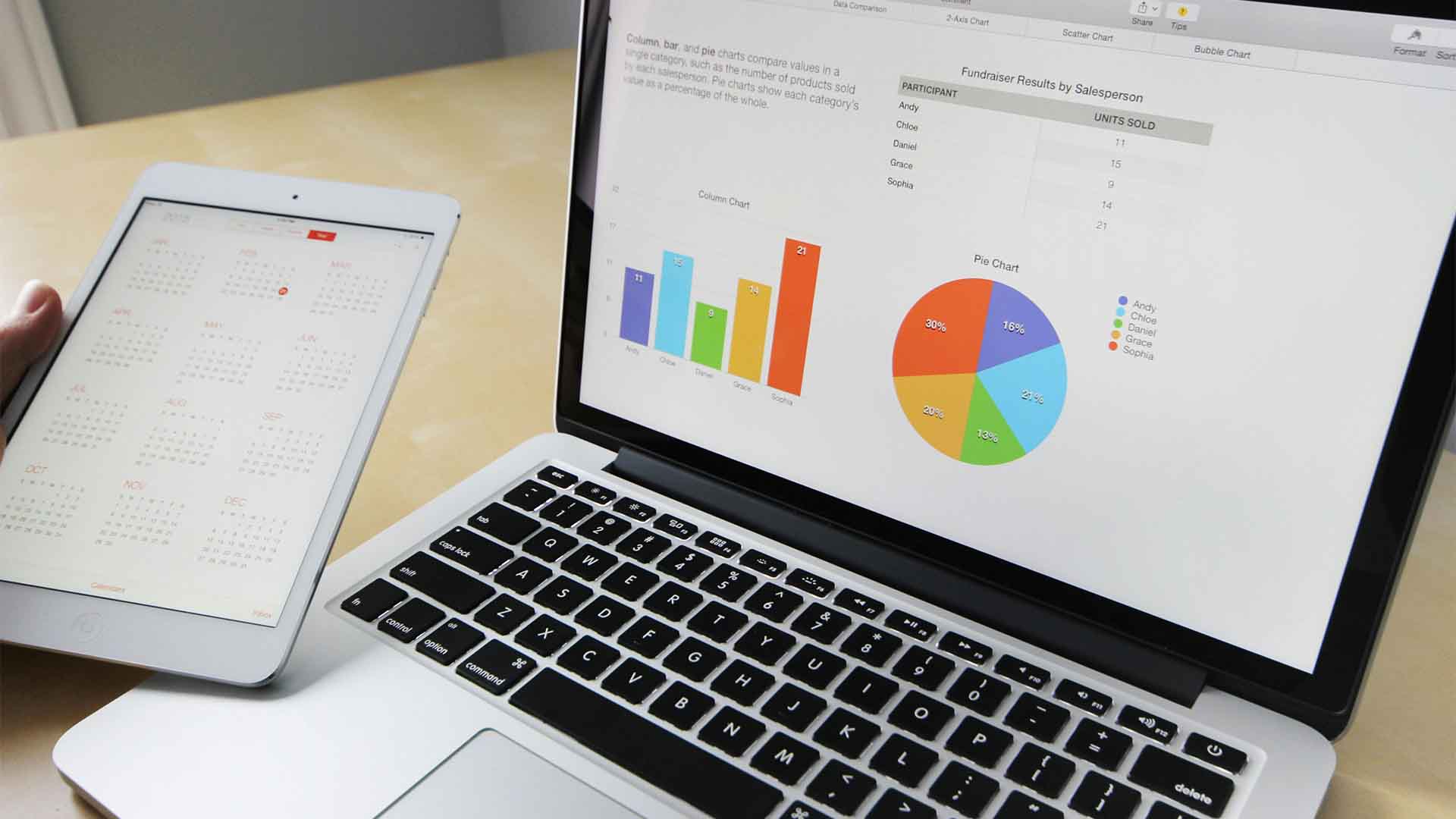The landscape of retirement planning is undergoing a big shift, with Millennials and Baby Boomers at the heart of this change. While Boomers are either retired or nearing retirement, Millennials are establishing themselves as surprisingly skilled at preparing for their golden years.
This speaks to the contrasting approaches of these two generations, shaped by different economic climates, societal changes, and technological advancements. Understanding these differences is key in recognizing the evolving nature of retirement planning.
The Vanguard Study’s Eye-Opening Findings

A recent Vanguard study has turned the tables on traditional assumptions about retirement preparedness. It revealed that Millennials are on track to generate a higher percentage of their pre-retirement earnings as sustainable retirement income compared to Baby Boomers.
Specifically, median-income Millennials can expect 58% of their pre-retirement earnings, while Boomers might achieve only 50%. This gap widens among higher-income earners, indicating a significant shift in retirement readiness between the generations.
Boomer’s Pension Paradise Lost

For Baby Boomers, the concept of a pension was once a cornerstone of retirement planning. Many grew up in an era where pension plans were common, leading to a lesser focus on personal retirement savings.
However, the gradual shift from defined benefit to defined contribution plans caught many off guard, resulting in a generation less prepared for self-funded retirement. This transition has resulted in a key factor in the differing retirement approaches of Boomers and Millennials.
Millennials’ Retirement Awakening

Millennials, in contrast to their Boomer counterparts, have been acutely aware of the need to save for retirement from a young age. This awareness is fueled by widespread media coverage of the retirement income crisis and seeing older generations struggle financially post-retirement.
This generational shift in awareness has led to more proactive and informed retirement planning among Millennials, with a focus on building their own retirement funds through individual savings accounts such as 401(k)s and IRAs.
Social Security Skepticism

Adding to the generational divide in retirement planning is Millennials’ skepticism toward Social Security. Unlike Boomers, many Millennials doubt the future viability of Social Security to sufficiently fund their retirement.
This skepticism drives their push toward alternative retirement savings plans, reflecting a significant shift in reliance on government-sponsored retirement income.
The Automatic Advantage

A key advantage for Millennials is the widespread implementation of automatic enrollment in employer-sponsored 401(k) plans.
This feature, which was not prevalent during the Boomers’ early career years, promotes early and consistent retirement savings among Millennials — oftentimes coming with company-matched contributions — providing them with a head start in building their retirement funds.
The Tech-Savvy Saver

Millennials’ affinity for technology has also played a pivotal role in their retirement planning. With a plethora of financial planning tools and apps at their disposal, they can easily track and manage their retirement savings.
This tech-savvy approach allows for more efficient and informed financial decisions, contributing to their enhanced preparedness for retirement.
Economic Challenges and Adaptability

Both generations have faced their share of economic challenges, such as housing market fluctuations and recessions. However, their responses to these challenges have been markedly different.
Millennials, shaped by the Great Recession, have adopted a more cautious and diversified approach to retirement savings, unlike Boomers who experienced a more stable economic environment during their prime earning years.
The Debt Dilemma

The issue of debt, particularly student loans, poses a unique challenge for Millennials. This burden has a significant impact on their ability to save for retirement, contrasting with the financial landscape faced by Boomers.
Addressing and managing this debt is a critical component of Millennials’ retirement planning strategy.
Health Care Costs: A Growing Concern

As health care costs continue to rise, both generations are finding it necessary to factor these expenses into their retirement planning.
The need for additional savings to cover health care in retirement is a common concern, though the impact is felt differently across generations due to varying health care policies and cost inflation continuing to rise over time.
Longevity and Lifestyle Expectations

Increased life expectancy and changing lifestyle expectations are also reshaping retirement planning. Millennials, expecting a longer retirement period, are planning for more years of post-retirement life, necessitating a larger retirement fund.
This differs from Boomers, whose retirement planning did not generally account for such extended life spans.
A New Retirement Reality

The retirement race between Millennials and Boomers highlights the dynamic nature of retirement planning. Each generation offers valuable lessons in adapting to continually changing economic landscapes and societal norms.
By understanding these differences, both generations can refine their strategies, ensuring a more secure and fulfilling retirement.
